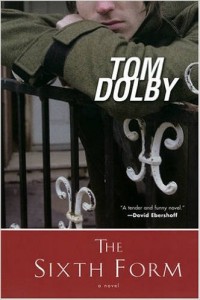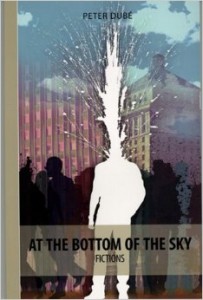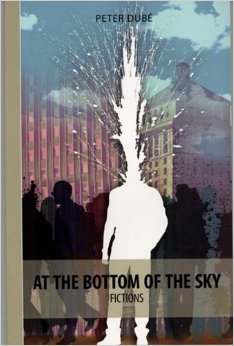 The Sixth Form
The Sixth Form
by Tom Dolby
Kensington. 352 pages, $24.
Tom Dolby’s second novel, The Sixth Form—the title refers to the senior year at Berkely, a Massachusetts boarding school that furnishes the book’s setting—has Ethan Whitley entering as a new student from the West Coast, with more manners than money. Ethan meets a preppy, Todd Eldon, who has everything Ethan wants—a rich, beautiful, famous mother (Ethan’s poor mom is dying), a fancy apartment in New York, and a girlfriend. While Ethan is wise but shy, Todd has a bravado that naturally masks his insecurities. Dolby uses these two opposites to create parallel stories that are connected by the young men’s unlikely friendship—a friendship that’s slightly spoiled when Todd kisses Ethan. While Todd grapples with his homosexuality, Ethan begins an ill-advised affair with Hannah, an English teacher twice his age. Yet as things get intense between the student and teacher, rumors circulate about Hannah’s past in Paris, her previous affairs with pupils, and her untrustworthiness. Ethan naïvely refuses to believe these warnings until Hannah traps him in a dicey situation, and it may be too late. Dolby establishes the Ethan–Hannah narrative as the backbone of The Sixth Form, but Todd’s story is the more interesting, if no more believable. Dolby avoids the issue of statutory rape, as both boys willingly enter into sexual activities with adults, and the author realistically, if perhaps irresponsibly, supplies his teenage characters with plenty of numbing drugs and liquor. The author offers a moral to the story in a speech about a man who gets what he wants and comes to regret it, but this is the most didactic moment in a book that telegraphs most of its drama. For the rest, this seductive novel belongs to that honored style of reading, the guilty pleasure.
Gary M. Kramer
 At the Bottom of the Sky
At the Bottom of the Sky
Peter Dubé
DC Books, 112 pages, $16.95
Peter Dubé’s latest book will provide an appropriate introduction for those unfamiliar with his work (notably his last novel, Hovering World). The author has named each of the three novellas for a mythological character, namely “Charon,” “Janus,” and “Momus.” The titles, some of them obscure, nicely capture the eerie plotlines of these stories. “Charon,” for example, deals not with a ferryman taking the newly dead across the River Styx but with a bus driver who wants to change routes and go someplace new. He gives his passengers a chance to get off the bus; some do, but the others go on a bizarre but exciting trip across a local river and beyond. “Janus” was the Roman god of gates and doorways whose two faces could see both the past and the future; the reference here would seem to be ironic. An omniscient narrator leads his characters into a subway system’s side-tunnel. Soon, they’re lost and their flashlight stops working. In their dark adventure, the couple happens upon a mutilated statue: is this Janus looking at the past or the future? The short story “Momus” is the only one with a strongly gay theme. Momus, the god of fault-find and mockery, is the son of Night. Set in the night, this story follows two gay men as they distribute political literature and as they’re accosted by a gang of thugs who attack them because they’re gay. This story is written in the first person and offers a surprise ending. Each story in this collection is independent, but they’re united by the urban setting and gothic atmosphere.
David Ritchey






